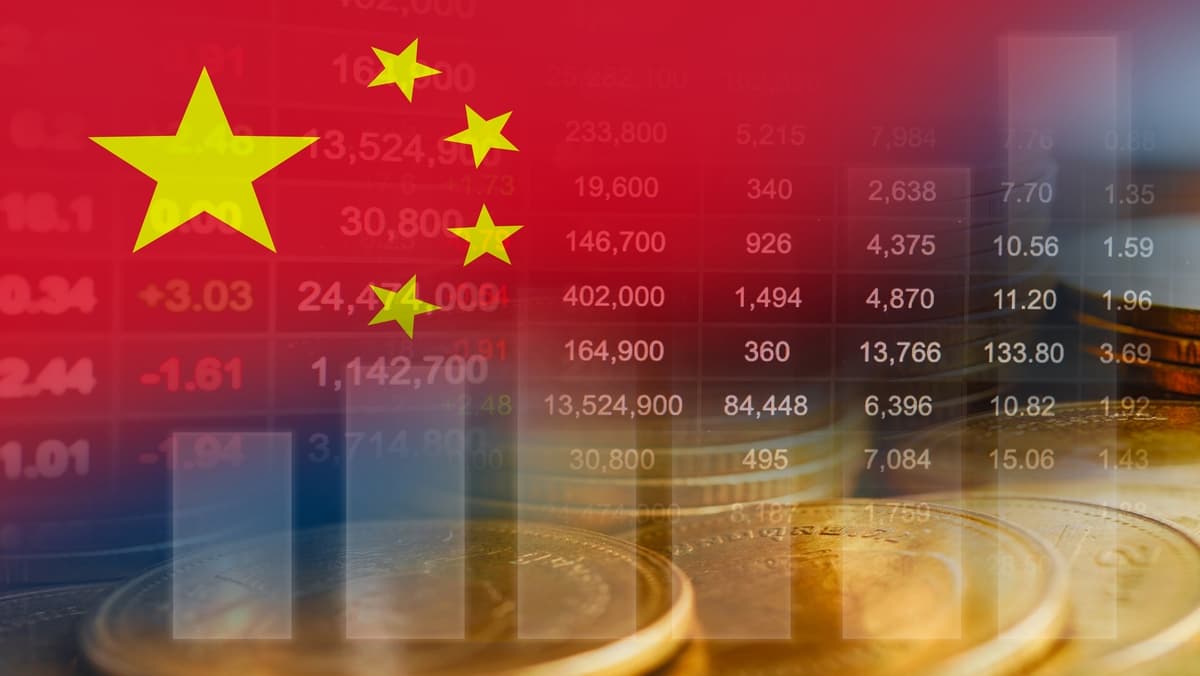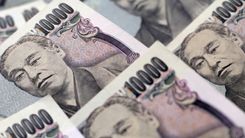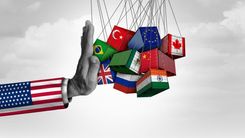Monday Aug 19 2024 06:06

4 min

China's economy appears to be slowing, with the National Bureau of Statistics reporting a 10.2% drop in property investment year-over-year and a 26% decrease in new home sales. Additionally, new bank loans reached a 15-year low in July.
Youth unemployment in China rose to 17.1% in July, the highest this year, reflecting the growing challenges faced by the world's second-largest economy. China is grappling with high youth joblessness, a heavily indebted property sector, and escalating trade tensions with the West. Premier Li Qiang has urged for greater attention and support for struggling companies, as reported by Xinhua.
Nearly 12 million students graduated from Chinese universities this June, heightening competition in an already tough job market and likely explaining July's sharp increase in joblessness. Among 25- to 29-year-olds, the unemployment rate stood at 6.5% for July, up from the previous month's 6.4%. For China’s workforce, the national unemployment rate was 5.2%.
Industrial production growth slowed in July, increasing by 5.1% compared to 5.3% in June and falling short of analysts' expectations. Major cities in China also saw a further drop in real estate prices, indicating weak demand. The demand for bank loans contracted for the first time in nearly two decades, according to recent official data. On the global front, international challenges are intensifying as the European Union and the United States impose more trade barriers to shield their markets from inexpensive Chinese goods and address concerns about unfair competition.
The ongoing property crisis and sluggish consumption hampered China's economic recovery in July, according to data released by the National Bureau of Statistics on Thursday.
Retail sales grew slightly more than analysts had expected, rising 2.7% year-on-year in July, compared to 2% in June.
Statistics bureau spokesperson Liu Aihua stated that recent government policies aimed at boosting consumer spending will help further consolidate the recovery in consumption. Last month, Beijing unveiled plans to use 150 billion yuan ($20.9 billion) in government debt to finance trade-ins for consumer goods like appliances and cars to stimulate spending.
Consumption accounted for about 60% of China's economic growth in the first half of the year and is expected to play an even larger role in supporting the world's second-largest economy. Exports, once a major driver of growth for China, are now subdued due to tensions with the United States and other Western nations.
Since 2018, relations between Beijing and Washington have faced numerous setbacks, including a trade war, technological decoupling, disputes over the origins of Covid-19, and accusations of overcapacity in Chinese manufacturing.
The Biden administration, after imposing a new round of tariffs on China, has recently unveiled plans to further restrict Chinese producers' access to crucial semiconductor chips. As the November presidential election approaches, markets are speculating about future U.S. policies on China, especially with Kamala Harris, the leading Democratic candidate, narrowing the gap with Donald Trump in the polls following Biden's withdrawal.
Trade tensions with the U.S. have significantly impacted China by slowing economic growth, disrupting supply chains, and increasing production costs due to tariffs. Reduced export volumes have hurt manufacturers, while restrictions on technology and semiconductors have hindered Chinese tech companies. These tensions have also created investment uncertainty, leading to decreased foreign direct investment and slowed capital inflows. In response, China has had to pivot towards boosting domestic consumption and investing in emerging industries to sustain growth. The trade conflict has introduced substantial challenges to China’s economic stability and long-term growth prospects.
When considering shares, indices, forex (foreign exchange) and commodities for trading and price predictions, remember that trading CFDs involves a significant degree of risk and could result in capital loss.
Past performance is not indicative of any future results. This information is provided for informative purposes only and should not be construed to be investment advice.
Asset List
View Full ListLatest
View all
Thursday, 3 April 2025

5 min

Wednesday, 2 April 2025

5 min

Wednesday, 2 April 2025

4 min